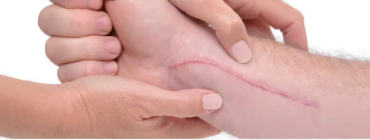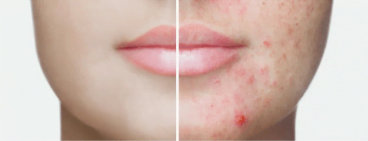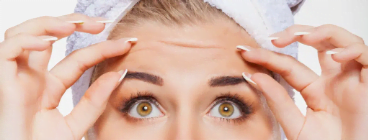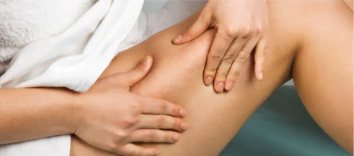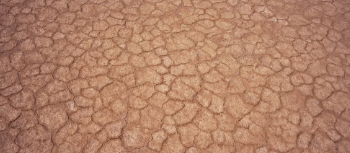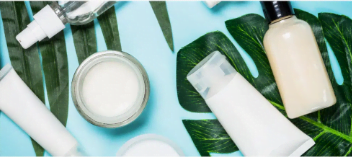Is Sauna Beneficial for Psoriasis? (Tips for Itchy, Dry Skin)
In my experience, regular sauna treatments helped my psoriasis a lot by calming my skin and lowering inflammation. The sauna’s warmth and peace offered much-needed comfort from the ongoing signs. Saunas are becoming recognized as a potentially beneficial holistic treatment option for disorders including psoriasis.
The sauna is especially attractive because of its ability to moisturize the skin and help remove the thicker scales that are a sign of disease. The tension that jacuzzi sessions create can be reduced, which is a major cause of flare-ups with acne. Because steam rooms have more humidity than other bathhouse variants, they are thought to be the most beneficial for treating psoriasis because dry air can make the condition worse.
People with psoriasis, a disorder that may greatly affect their self-esteem, frequently look for complementary therapies or alternative therapies in addition to standard drug regimens. Thankfully, hot tubs are a potentially effective treatment option for psoriasis symptoms. Let’s examine the data from science about saunas, their effects on the disease, and their possible advantages in treating dry skin and associated issues.
Is sauna beneficial for psoriasis?
Indeed, psoriasis sufferers may benefit from saunas. Saunas’ moisture and heat can help hydrate skin and reduce the thick scales that come with acne. Furthermore, the relaxation that comes with steam sessions helps lessen stress, which frequently causes flare-ups of eczema. But it’s important to stay properly hydrated and avoid overheating, as some people’s psoriasis symptoms might worsen in the heat.
Read also: Shaving Before or After Sauna (Ideal for Steam and Heat)
What is psoriasis?
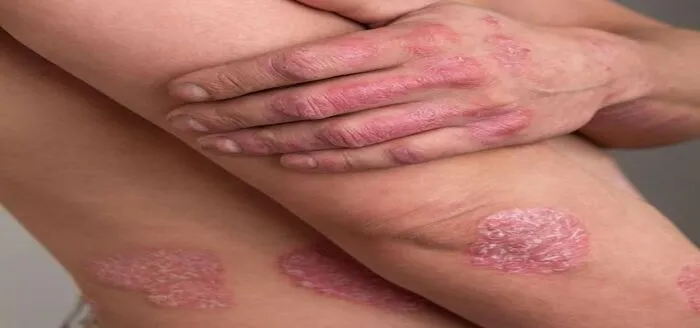
A chronic, aggressive skin illness known as psoriasis is characterized by a fast accumulation of skin cells that results in thick, red areas covered in silvery scales. It occurs when the immune system mistakenly targets healthy skin cells, causing them to expand excessively.
Psoriasis Symptoms
Psoriasis symptoms include:
- Red skin areas with silvery scales covering them (plaques)
- Potentially bleeding, dry, cracked skin
- Soreness, burning, or itching
- Ribbed, thickened, or pitted nails
- Swelling and stiff joints (sometimes associated with severe arthritis)
Although psoriasis symptoms can develop anywhere on the body, they most frequently occur on the face, scalp, knees, elbows, and lower back. Individual differences in symptom severity can lead to fluctuations in the extent of symptoms over time.
Psoriasis Treatment
The majority of plaque therapies work to reduce pain and slow down the skin’s natural tendency to develop new cells. Lifestyle changes, such as abstaining from triggers like smoking and excessive drinking, can aid in the condition’s improvement. Humidifiers, which add moisture to interior spaces, help mitigate the effects of dry, cold weather. Steroid creams are frequently used to lower inflammation and decrease the growth of new skin cells.
Prescription drugs work by focusing on the immune system’s reaction to restore normal skin regeneration rates. These drugs, which are usually saved for extreme situations, might, however, have negative effects and be expensive. Dry sauna therapy is an alternative treatment that is becoming more popular. This includes routine sessions in a confined, heated area where the temperature is usually between 90 and 190 degrees Fahrenheit.
Psoriasis vs Eczema
While both psoriasis and eczema are long-term skin disorders marked by redness and skin irritation, they differ greatly from one another. As a result of the immune system mistakingly targeting healthy skin cells, psoriasis is a condition that is characterized by thick, red patches covered in shiny scales.
Eczema, sometimes called atopic dermatitis, on the other hand, is characterized by itchy, inflammatory patches of skin that can arise anywhere on the body and is frequently connected to heredity and environmental causes. Although both disorders can be uncomfortable and have an impact on quality of life, they need different management and treatment strategies.
What is a dry sauna?
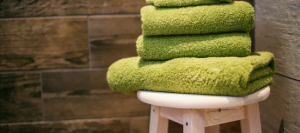
A small, enclosed room with a high temperature inside, usually between 180°F and 195°F (80°C and 90°C), is called a dry sauna. Dry saunas, as opposed to steam spas or steam rooms, generally maintain relatively low humidity levels, between 10 and 20 percent. Sweating is encouraged in this setting, which helps the body rid itself of toxins.
The extreme warmth of a dry bathhouse causes the body’s core temperature to rise, which widens blood vessels and improves blood flow to the skin. Increased blood flow to the skin makes it easier for vital nutrients and oxygen to reach the skin, which aids in skin renewal and repair. The sauna’s extreme heat also causes the body to sweat, which helps the skin expel toxins and other impurities.
Benefits of Dry Sauna for Psoriasis
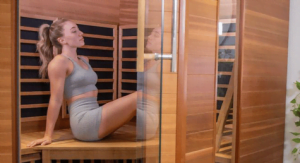
Dry sauna benefits for psoriasis:
- Encourages Skin Detoxification: The high temperatures of a dry spa cause perspiration, which aids in eliminating pollutants and toxins from the skin and may lessen psoriasis symptoms.
- Improves Blood Circulation: The sauna’s heat expands blood vessels, which improves blood circulation to the skin. Injured regions receive more oxygen and nutrients from the enhanced circulation, which promotes skin renewal and healing.
- Reduces Itching and Discomfort: The dry heat environment of a bathhouse helps reduce psoriasis-related itching and discomfort, offering brief symptom relief.
- Lowers Stress: Infrared visits have been shown to lower stress levels and encourage relaxation, both of which are known to be triggers for flare-ups of acne. Reducing stress may improve the condition’s management.
- Improves Capture of Moisture: Despite the low humidity in dry saunas, the perspiration that occurs during the exercise can temporarily hydrate the skin, which may improve its condition and lessen the dryness that is often linked with eczema.
All things considered, adding a sauna psoriasis treatment plan may have several advantages for both symptom relief and general skin health. Before beginning any new treatment, it is essential to speak with a healthcare provider, especially for those with severe or untreated diseases.
Risks of Dry Sauna for Psoriasis
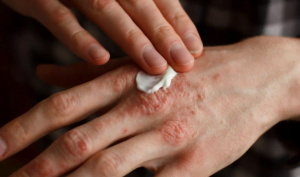
Dangers of Psoriasis with Dry Saunas:
- Dehydration: Long-term exposure to high temperatures in a dry bathhouse may result in intense perspiration, which may lead to dehydration. People who have psoriatic arthritis may already have a weakened skin barrier, which increases their vulnerability to dehydration.
- Skin irritation: For people with the condition, the extreme heat and little humidity in a dry spa may make their skin inflammation worse. Severe redness, itching, and flakiness of the skin might result from the dry air further dehydrating the skin.
- Sensitivity to Heat: In a dry steam room, some people with acne may experience pain or a worsening of their symptoms because they can be more sensitive to high temperatures. Since everyone’s sensitivity to heat varies, it’s critical to pay attention to how your body reacts when you’re in a bathhouse.
- Possible Outbursts: While thermal therapy can help some people with the disease, it can also make flare-ups worse for other people. Particularly for those with extremely sensitive skin, the heat and perspiration generated by therapy sessions may worsen pre-existing psoriatic symptoms or cause the development of new ones.
- Medication Interference: Certain drugs, such as creams for the skin or oral pills, that are often used to treat disease may interfere with infrared therapy. To make sure infrared therapy is compatible with current medications, it is imperative to speak with a healthcare provider before implementing infrared therapy into a disease treatment plan.
- Possibility of Infection: Sharing bathrooms with other people raises the possibility of coming into contact with germs and fungus, which can worsen symptoms of psoriasis or cause skin infections. Using fresh towels and sanitizing bathhouse surfaces are two examples of good hygiene practices that can help reduce this danger.
All things considered, even if dry infrared treatment could be beneficial for certain disease sufferers, it’s important to weigh the dangers and speak with a doctor before beginning infrared sessions, especially for those whose disease is severe or uncontrollable.
Conclusion
In conclusion, there are hazards to take into account, such as dehydration, irritating the skin, and possible flare-ups, even if infrared therapy may be beneficial for treating disease. These advantages include boosting skin detoxification, enhancing blood circulation, and easing pain.
Before adding thermal sessions to their treatment plan, patients with psoriasis must speak with a healthcare provider to assure safety and efficacy, especially in light of their unique sensitivity and medical background.
Read also: Does Using a Sauna Cause Tan? (Myths via Facts)
FAQs
The most frequently asked questions are given below:
Is a sauna okay for dry skin?
To keep your entire body and its skin well hydrated, we also advise you to consume a lot of water. In summary, saunas aid in skin regeneration, detoxification, and pore cleaning; yet, if you don’t moisturize afterward, they may dehydrate dry skin.
Is a sauna good for itchy skin?
Frequent steam usage can also help reduce skin inflammation and the itching that both conditions are known to cause. An infrared sauna’s mild heat can help ease discomfort from joint illnesses like fibromyalgia and arthritis, as well as loosen up tight joints.
Are saunas OK for eczema?
Managing eczema may be difficult, whether you’re attempting to prevent flare-ups or fighting the never-ending cycle of itching and scratching. Fortunately, spas can aid in lowering inflammation, improving circulation, and offering a generally soothing experience that may lessen the symptoms of eczema.
See more: Can Your Skin Burn in a Steam Room? (With Skincare Guidance)

